I will forever remember 2020 as the year of Covid and the year that I discovered BTS and became ARMY. (I know that there is immense privilege in even saying that those are my two defining memories of 2020, and for that I feel humbled and grateful.)
There is a well-known saying in the fandom that you discover BTS when you most need to. That even though you may encounter them (like so many are now after the success of “Dynamite”) as a casual listener/viewer, what tips you over into becoming ARMY is the marriage of their particular brand of comfort with your greatest time of need for that comfort. So many of us needed that comfort this year (BTS gained over 77 million followers on major Western social platforms this year) and I am so grateful that I discovered their “whole universe alongside your own, bursting with color you’re too stubborn to see, bouncing with joy you think is for someone else, with a beat you thought you were finished dancing to” and a wonderful community online to brighten and enliven my days in 2020.
If I had to pick a word as the theme of my life in 2020, it would be mindset. Our lives changed in a drastic way, and yet we could choose to see it as something to rail against constantly, or as an opportunity to look inwards.
I’m going to share some of the key lessons I’ve learned in 2020 and the content (books, articles, podcasts, entertainment, etc.) that shaped my thinking and days.
I wasn’t too precious in coming up with this list. I consume a lot of content and it would be a futile mission to review my browser history, social media likes or my Kindle library to figure out what the short-list would be. Instead - I just let my brain do the sifting organically: what do I still think about, sometimes months later, and what did I come across that changed my perspective?
Three Lessons I Learned in 2020
The Paradox of Life
I first encountered the concept of the Stockdale Paradox in a YouTube video by Garry Tan, co-founder and managing partner of the VC firm Initialized Capital. Garry applied it to start-up founders, but to me it encapsulated the biggest life lesson that I had lived and learned in 2020.
The Stockdale Paradox was popularized in Jim Collins’ management bible “Good to Great.” Admiral Jim Stockdale was the highest-ranking US military officer in the prisoner-of-war camp (the infamous “Hanoi Hilton”) at the height of the Vietnam War.
“You must never confuse faith that you will prevail in the end—which you can never afford to lose—with the discipline to confront the most brutal facts of your current reality, whatever they might be." Admiral Jim Stockdale
Over the past few years, I’ve become aware of just how seductive and comfortable it is for us as human beings to distract ourselves from our present reality. As my therapist has pointed out, distraction is not necessarily a bad thing and in fact can be an important tool in the arsenal for emotional regulation. But most people can end up spending most of their lives in a continuous state of distraction (it’s only gotten easier with technology) and wonder why they have a vague sense of existential dissatisfaction with their lives in passing moments of awareness. And to be frank - it’s scary and hard to look reality in the face and accept it.
I know the feeling well because I didn’t have the courage or discipline to confront the “most brutal facts” of my reality until the turn of 2019 into 2020. It is a really strange feeling: I felt like I was seeing myself clearly for the first time, without any of the window dressing of hope and optimism or “spiritual bypassing” that so many self-help gurus promote.
Looking back, it took years of relentless self-examination to get ready, but when I was finally ready, the truth set me free.
It catalyzed a shift in my mindset that I’m still processing now. When I confronted that brutal reality and accepted it - what rushed in for me was a tremendous sense of gratitude and faith. Not faith in a religious sense, but the faith that Admiral Stockdale talks about: that no matter how brutal your present reality might be, you have an unshakeable faith in yourself and your vision.
It’s no wonder that the song that most resonated with me at that time was Jungkook’s solo song, “Euphoria,” and probably what tipped me over to appreciating the lyricism and comfort of BTS’s music and becoming a fan. You don’t need to understand Korean to understand the series of beautiful metaphors embedded within the lyrics because Jungkook’s voice and the music production convey it emotionally.
8. Euphoria @BTS_twt
— Colin (@ColinSH3) November 30, 2019
Lyrically, "Euphoria" is one of the most beautiful songs in the BTS discography, and Jungkook's gentle yet firm, tranquil yet sturdy, with a touch of innocence and wonder, voice is what makes this song a classic.https://t.co/6nKdf9VBIs pic.twitter.com/PR8fwTpXnj
This is the first track of the final album of the Love Yourself series, Love Yourself: 結 'Answer', and the “you” that he sings of could be interpreted as being another person, but to me it’s “yourself” and finally discovering and appreciating one’s faith in oneself. (There’s a lovely link formed between the beginning of the series with “Euphoria” and the end with Jin’s self-love anthem “Epiphany” - but now we’re getting into ARMY territory and I promised myself I wouldn’t get overly into BTS after writing so much about them already.)
I realized that I had actually heard a version of the Stockdale Paradox with one of Jack Ma’s famous sayings. In 2007, he was a celebrity judge on China state television’s smash-hit business reality show called Win in China (赢在中国), and what he said about the entrepreneur’s journey was immortalized overnight as one of his most iconic teachings:
今天很残酷,明天更残酷,后天会很美好,大部分人死在明天晚上,看不到后天的太阳。Today is cruel, tomorrow is even crueler. The day after tomorrow will be glorious. Most people die tomorrow night and never get to bask in the sunshine of the day after tomorrow.
Just Write
I had wanted to write online for many years, but procrastinated and put it off year after year. I always had an excuse but the truth underneath all those excuses was a massive fear of failure. (This is one of the unfortunate consequences of being a part of the overachiever cultural mindset.)
As those who might have seen in my recent “making of” thread, I actually wasn’t sure I was going to actually share this BTS deep dive back in September because I was worried it was silly and not good enough.
🧵Sharing the #behindthescenes of writing “BTS & the Future of the Fan Economy”
— Judy Knows (@_judyknows) December 27, 2020
🤔Jan 28, 2020: Watched 1st BTS video
😍 / 😲 / 🗣️ / 📑 / 🤓 / ✍️
⏯️Oct 17, 2020: Shared a 10-part series on the business of @BTS_twt & @BigHitEnt https://t.co/hsgIHlsDyN
And proceeded to comfort myself that it was okay to not share it because I enjoyed the process and learned so much from it.
Which I did… here is a just a short list of the wonderful things that I’ve learned or been exposed to in the course of my BTS research:
- Officially joined Twitter, and started following incredible writers and thinkers re: business, tech, investing and personal growth
- Learned how to use Figma (my old-school consulting PPT design skills got a huge upgrade)
- Improved my Chinese reading speed by 2-3x through watching Chinese subtitles of BTS content
- Watched content on Bilibili, one of the hottest video sharing websites in China (stock was up ~370% in 2020), and experienced firsthand the power of social viewing through one of Bilibili’s key features, 弹幕 or the bullet screen scrolling commenting system
- Realized how much I love the process and act of writing
Now, falling in love with the process is wonderful and all, but to not share it - a piece of work that had taken a lot of effort and passion - just because of a fear of indifference is sad. (It all sounds super ridiculous when you say your fears out loud. For me, doubly ridiculous as I wrote deliberately under a pseudonym anyways!)
I’m so glad that I was able to push through the fear, with a little help from BTS, and finally share it. The indifference definitely happened but so what? Everyone starts from somewhere.
If you want to write online and share your thoughts, just write.
There are so many online creators “killing it” that it’s easy to get discouraged if you’re not as polished, focused, or prolific. But as I have learned and lived these past few months, believe in and share your passion. Your first efforts might be amateur-ish (as my first draft definitely was) but if you can see things clearly, accept the “brutal truths” without getting emotionally bound to them, have a growth mindset and work hard, you’ll get better.
I took a bit of a writing break after the novella that was my ten-part BTS series, but now that I’m back into writing I’m reminded just how much I enjoyed the process itself. I’ve been slowly chipping away at my second major piece of writing (it’s on a topic that I’ve thought a lot about this past decade so the research is not as heavy as it was for BTS where I went in blind) and it’s been so fun to “exercise the storytelling muscle” again. It still surprises me how much joy I get in figuring out how best to structure and phrase things: that sense of satisfaction is addictive and I can’t wait to write more.
Ask for Help
Everyone is either making New Year’s Resolutions right now, or stridently avoiding them. Something that I’ve learned the past few years, but a lesson that only truly sunk in this year, was asking for help on things that you want to improve on. Oftentimes, this means hiring someone to help you. Again, I understand that I’m in a position of privilege to be able to. However, I don’t have an unlimited budget either so I prioritize these activities and ruthlessly cut expenses in other parts of my life where I don’t see the same ROI in enjoyment.
The two “asks for help” that I made a few years ago have made a huge difference in my life. The first was finding a therapist that I clicked with and committing to regular sessions. I firmly believe that therapy is not just for when you have a mental illness or personal crisis. I have felt so lucky to have been able to continue regular therapy sessions through the pandemic (virtually) and have them be just as effective because of the relationship and trust I’ve built up from our in-person sessions in the before-times.
The second was finding a gym with a supportive environment that focused on a hybrid coaching model. Instead of the high cost of a 1:1 personal trainer every time I worked out, I had a trainer available to me as I trained alongside up to 3 others who taught me proper technique, corrected my form and developed personalized training programs for me. I missed this dearly this year as my city has been through numerous rounds of lockdown.
As someone who loves Internet rabbit holes (case in point: the BTS black hole that I can’t seem to achieve escape velocity from 😂) and an avid consumer of self-improvement content, I was initially reluctant to get help on certain things that I thought I could “DIY.”
But then, I’m reminded of this brilliant Derek Sivers saying:
“If more information was the answer, then we'd all be billionaires with perfect abs.”
The mindset shift that really solidified this year was the importance in investing in coaching. Sure - you could choose to go it alone because we all have access to the entirety of human knowledge at the tap of our fingers thanks to the Internet.
But, it’s much more effective and efficient to hire a coach. For me, coaches provide three valuable services:
- Curation of information
- Tailoring of advice and guidance for where you are in your journey
- Accountability
Coaching can take on many formats - whether it’s 1:1 or a more community-based program, and depending on your budget there are just so many options available now.
One program I’m personally excited to take on in 2021 is joining the Bangtan Academy, an entirely free volunteer-run Discord server for Korean learners who also happen to ARMY. (BTS is the driving impetus behind the vast majority of Korean as a foreign language learning worldwide, so it’s smart that Big Hit has set up an education subsidiary.) I’ve picked up quite a bit of Korean by osmosis between watching BTS and the odd Korean drama / movie, my Cantonese fluency (as this forum post points out, Cantonese speakers have a “60% discount” in learning Korean nouns), and English (so much Konglish or use of English words in Korean vocabulary), so I feel like it’ll be a fun and rewarding intellectual exercise. I just took the orientation today and it’s incredible what the administrators have built in: so many feedback loops for accountability and camaraderie.
Hi! We are Bangtan Academy - a discord server built like a school for all levels of Korean! It’s free, there are 7 ways to study, and you pick what works best for you.
— Bangtan⁷ Academy (@BangtanAcademy_) January 1, 2021
You do have to study tho - we have monthly quotas you have to meet to stay. ARMY and friends-of-Army welcome! pic.twitter.com/QrFdUcEFNA
There’s a lot of scientific literature on how music education stimulates neural development, and I’ve been a beneficiary of it in my own growth (I studied classical music & piano for eight years). The other one that’s not talked about as much beyond young children is language acquisition.
There was a day recently where I had to use several languages back to back and my brain was truly buzzing afterwards - not dissimilar to how you feel after a good workout. It reminded me of a day I had a few years ago where I was doing English-Mandarin translation all day between friends and the founder of a tech incubator in Shenzhen as we toured his offices. I have been and intend to be a lifelong learner, but it’s rare to encounter the level of discomfort and growth that you viscerally feel in other subjects as when you learn a language. With everything I’m learning about neuroplasticity and neuroscience recently - I've embraced this discomfort as a really good thing!
The Content that Shaped my 2020
Articles
Discovering BTS taught me so many things, but one of the key lessons I’ve really absorbed is the power of distribution. Learning how ARMY has evangelized on their behalf - whether that’s onto different platforms (TikTok, IG, radio), at retailers (Target famously only stocked BTS albums after ARMY requests), or within entire countries (too many to count!) - made me understand that sure, the product has to be good, but distribution is how you win. Is BTS 10x better than all the other K-pop acts? Artistically? I’m not quite sure, even as a member of ARMY. But their results are certainly 10x better than everyone else.
It reminds me of the following adage about product vs. distribution in start-up land:
First time founders are obsessed with product.
— Justin Kan (@justinkan) November 7, 2018
Second time founders are obsessed with distribution.
Kevin does an incredible job breaking down the product features and decisions that have led to the sequencing loops which have allowed Figma to transcend its sandbox as a designers’ tool to a tool for design for everyone. I tried Figma for the first time when I put together the infographic for the BTS series, and was so impressed with the ease of use and sharing capabilities.

Eugene Wei’s blog, Remains of the Day, is one of the most interesting blogs to follow if you’re interested in the latest thinking at the intersection of media and tech. But I wanted to highlight this particular post (part of a TikTok series) because it showed so brilliantly how TikTok has designed its UI to serve the needs of its algorithm, rather than just the user, which he terms algorithm-friendly design.
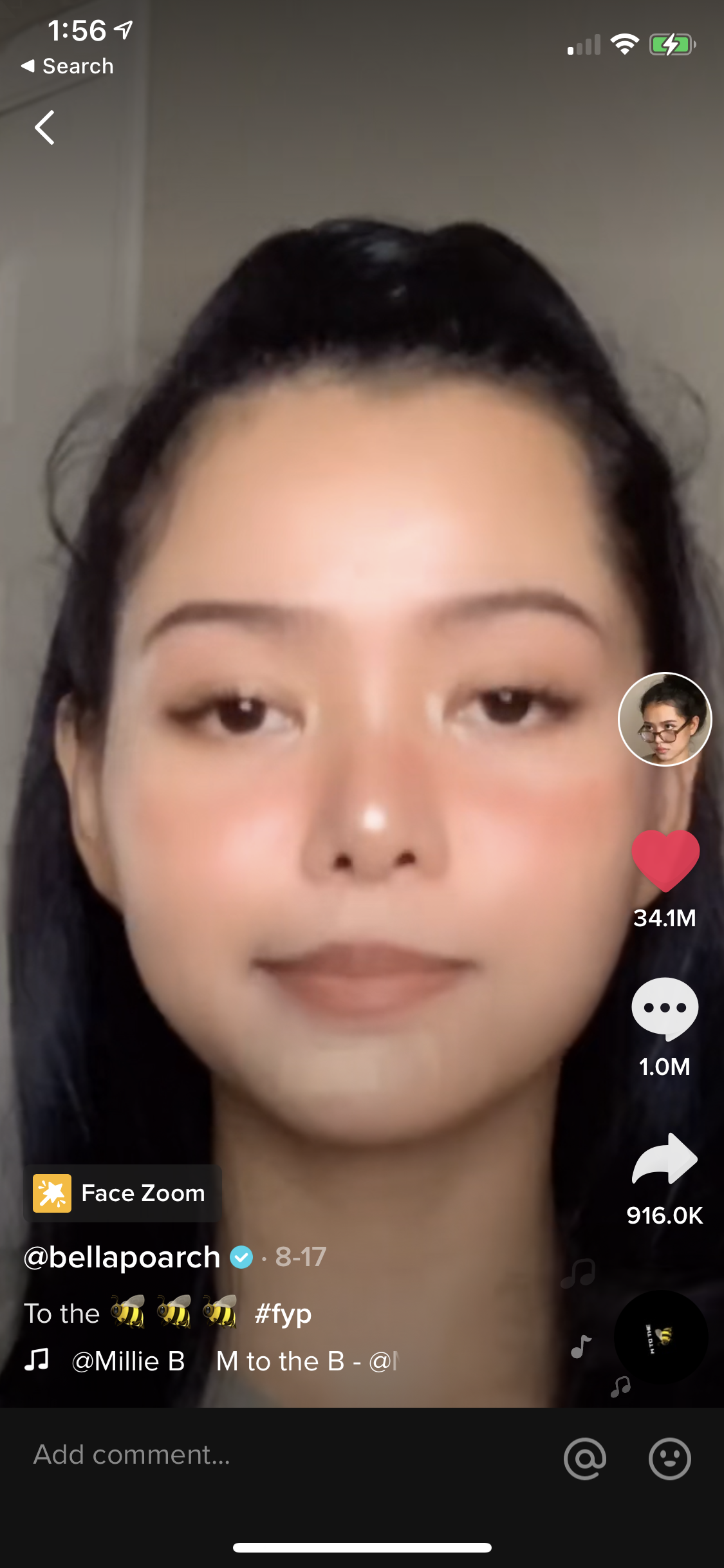
Prenatal Testing and the Future of Down Syndrome
In 2020, The Atlantic became my go-to resource for thoughtful and thought-provoking long-form journalism on the state of our society. I know I’m not alone, as many have become fans because of the brilliant work of Ed Yong and others in covering the pandemic. This piece by Sarah Zhang has stayed with me since I read it because it beautifully explains and addresses the very human and messy decisions and implications our scientific advancements have on who we are and aspire to be as human beings.

Newsletters / Blogs
2020 was the year I gave up on organizing my Feedly (RSS feed) and set up a whole new inbox just for all the newsletters I signed up for. There is so much incredible analysis and writing out there and I have to work on managing a constant sense of FOMO in keeping up with them all.
The Flywheel: Written by a former Amazon product manager, Jake Singer, The Flywheel takes a look at the flywheels of growth behind interesting companies. I particularly enjoyed his take on Lululemon’s acquisition of Mirror.
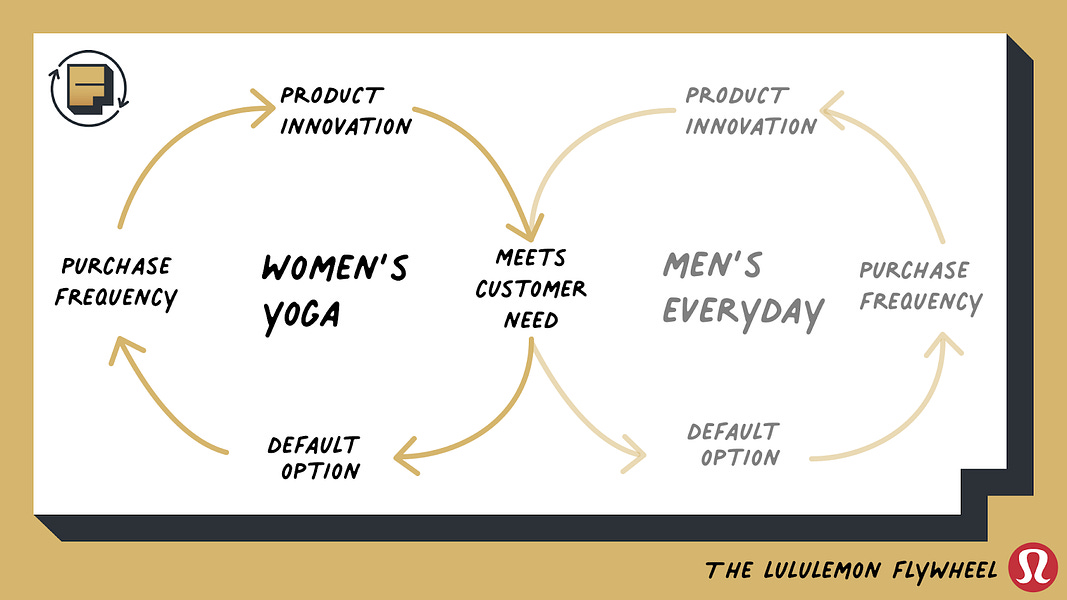
The Profile: Polina Marinova, formerly of Fortune magazine, struck out on her own this year to work full-time on this newsletter featuring in-depth profiles of leaders and titans of industry. I particularly enjoyed this profile of Charlie Munger and this recommendation post of business leaders’ favourite reads.

Not Boring by Packy McCormick: A great title and the posts live up to it: Not Boring takes on the hottest companies and ideas in business and tech. The archive is a treasure trove: may I recommend the two-part series on Tencent, a deep dive on Stripe, and “Masa Madness,” about Softbank and its visionary (and controversial) founder Masayoshi Son.
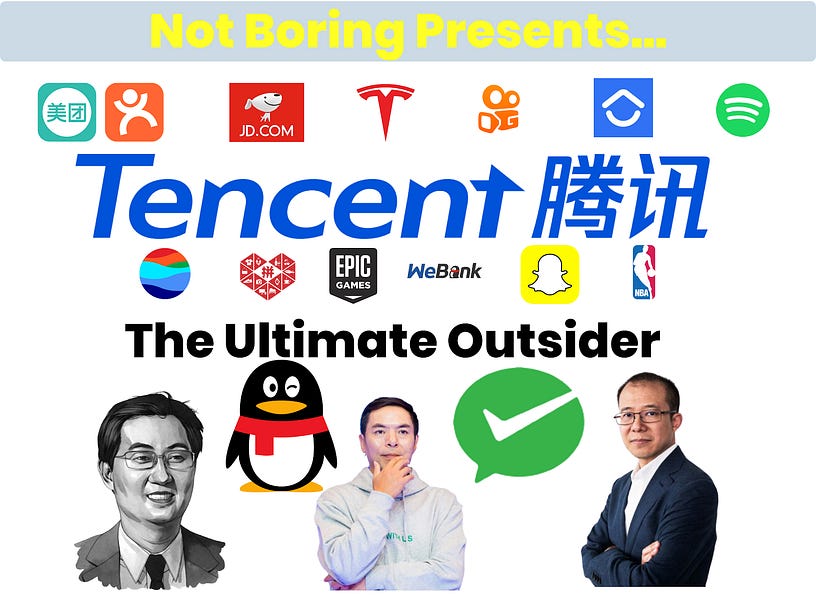
Turner’s Blog: I had followed Pinduoduo (PDD) for a few years as part of following the Chinese tech ecosystem and this summer I came across Turner’s article “Pinduoduo and Vertically Integrated Social Commerce.” I thought he did a terrific job telling the story of the why and how this company took off in China. I’ve been lucky to connect with him on Twitter and he has an incredibly inspiring story of how he landed his dream gig as a VC through writing online.
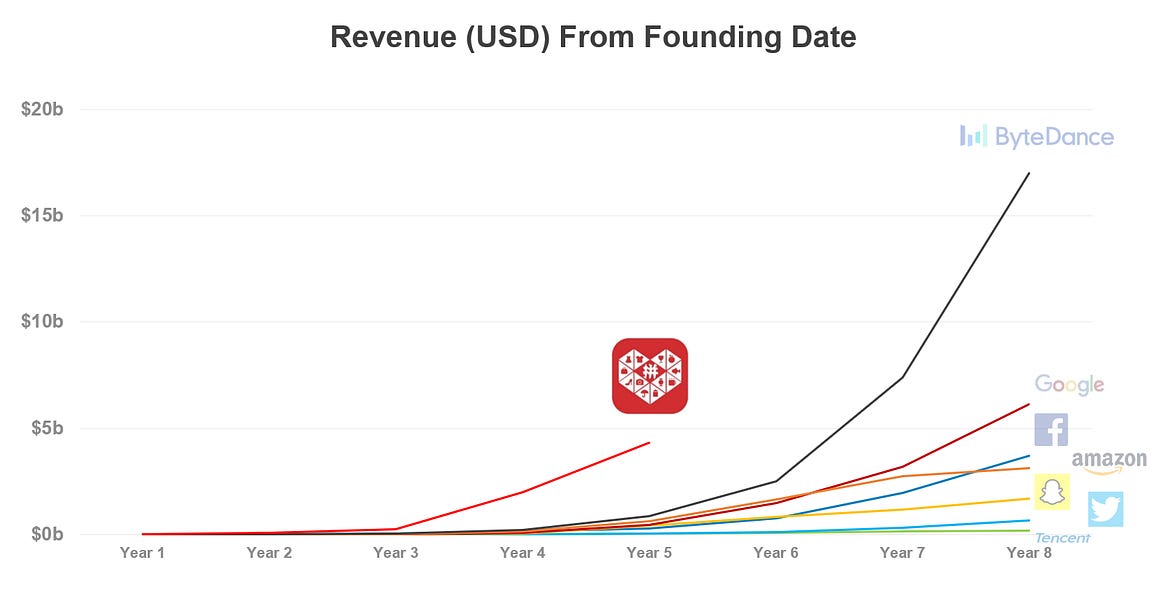
Next Big Thing by Nikhil Basu Trivedi: I first came across Nikhil’s writing with one of his first posts, “Consumer and Enterprise,” about how many of the world’s most interesting companies are both. As a VC, he has keen observations of both consumer tech trends as well as the current VC / funding ecosystem.
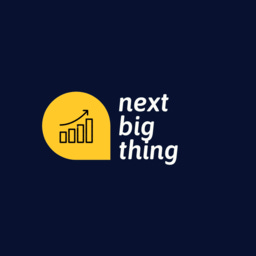
Napkin Math: Written by a self-described business nerd, Adam, Napkin Math posts take a data-driven approach to understanding the potential of startups and industries. I loved his analysis of Costco’s private label gambit: “How Costco Convinces Brands to Cannibalize Themselves.”
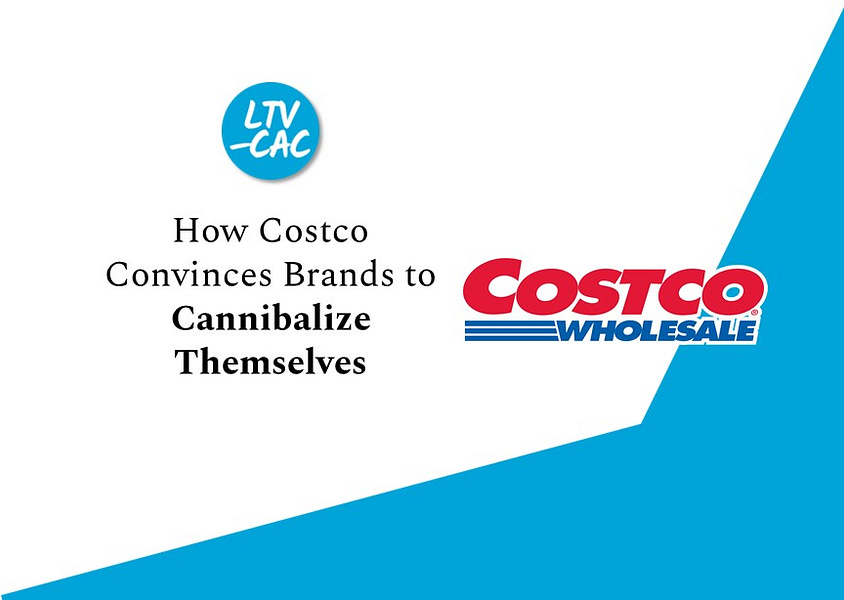
David Perell: David is “The Writing Guy” and I am in awe of his prolific output and thoughtful reflections on life and business.

Angela Jiang: Angela’s short posts on Adaptation States, or Opportunity Redundancies, are like little haikus amidst the overwhelming length (I’m very guilty) and volume of Internet writing that always provoke reflection.
Matthew Ball: This list would be incomplete if I didn’t include Matt’s work. His Epic Games primer inspired me to write the BTS deep dive and his work and thinking on the state and future of all things media / entertainment (e.g., audio and intellectual property) solidifies his position as the leading analyst in the space.
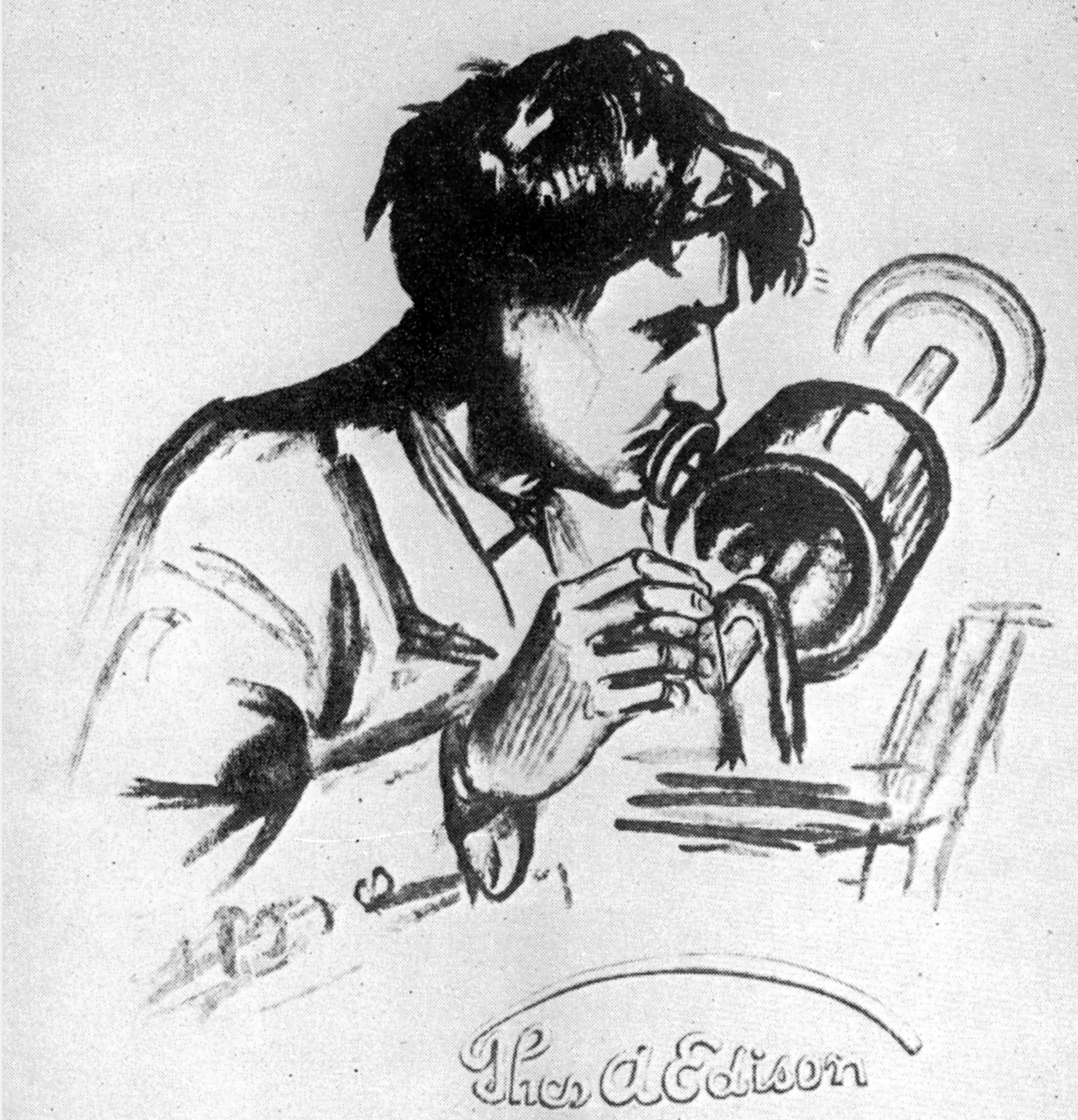
Wait, Who Is: Not a newsletter or blog, but an aggregator of all the content (posts, podcasts, tweets, videos, etc.) available online by leading business luminaries and thinkers. Right now, there are a lot of tech leaders (like Paul Graham and Patrick Collison) and scientists (Fei-Fei Li and Dr. Rhonda Patrick.)

Books
Maybe You Should Talk to Someone: A Therapist, Her Therapist, and Our Lives Revealed by Lori Gottlieb
Lori, an LA-based psychotherapist, shares the story of a personal crisis that leads her to seek therapy herself while weaving in the stories and lives of four of her therapy clients. A book about therapy doesn’t sound necessarily like a fun time, but I voluntarily read it a second time in 2020 because I enjoyed it so much. It was actually even more enjoyable the second time around as it holds such beautiful lessons and reminders about life which I found so affirming as we headed into more stages of lockdown and quarantine through Covid.
Lori’s own story is fascinating, how she started her career as a media executive (she helped oversee ER at NBC), then decided to go back to school to become a doctor, then left medicine for a successful career in journalism and ultimately realized that she wanted to be a psychotherapist.
There is an image from this book that I revisit time and time again, which Lori’s therapist, Wendell, explains:
“I’m reminded of a famous cartoon. It’s of a prisoner, shaking the bars, desperately trying to get out—but to his right and left, it’s open, no bars.” He pauses, allowing the image to sink in. “All the prisoner has to do is walk around. But still, he frantically shakes the bars. That’s most of us. We feel completely stuck, trapped in our emotional cells, but there’s a way out—as long as we’re willing to see it.”
All the prisoner has to do is walk around the bars," Wendell says. "We feel completely stuck, trapped in our emotional jail cells, but there's a way out--as long as we're willing to see it."
— Lori Gottlieb (@LoriGottlieb1) February 4, 2020
Reader @kleinh007 found the cartoon Wendell mentioned in #MaybeYouShouldTalkToSomeone! pic.twitter.com/ny9sIZXKK7
Whenever I feel like I’m trapped by a cycle of unhelpful thoughts, I think about this cartoon and it helps me see the choice and agency I have over my thoughts.
If you’re not ready to commit to reading the book - listen to Peter Attia’s podcast with her:

The Midnight Library by Matt Haig
I was hooked on this book as soon as I read the premise:
“Somewhere out beyond the edge of the universe there is a library that contains an infinite number of books, each one the story of another reality. One tells the story of your life as it is, along with another book for the other life you could have lived if you had made a different choice at any point in your life. While we all wonder how our lives might have been, what if you had the chance to go to the library and see for yourself? Would any of these other lives truly be better?”
It’s so easy in our hyper-connected frenetic world to feel a profound sense of FOMO and an aching sense of regret because it’s so easy to see that everyone else seems to be having an incredible, amazing time in their lives with the choices that they’ve made.
Matt tells the story of Nora, who gets this fantastical chance to see the infinite possibilities of how her life would have been if she had made different choices. It’s an incredibly thought-provoking and sincere book and in the hands of someone else, I’m not sure it would have landed as well. Matt is very open about his own struggles with mental health and has written books about his own journey (Reasons to Stay Alive) and how to cope and live well amidst the anxiety that is so prevalent in our modern society (Notes on a Nervous Planet).
Here’s a taste of his writing:
The fab @matthaig1 sharing some wise words in his wonderful book Midnight Library. One of my all time favourite books and something to add to your list for 2021! pic.twitter.com/aD4BleGobH
— Advita (@Advita_p) January 1, 2021
Podcasts
Dr. Andrew Huberman on the Rich Roll Podcast
Dr. Huberman is a Stanford neuroscientist and he runs a lab focused on researching neuroplasticity. I’ve been fascinated by neuroplasticity ever since I’ve personally experienced the effects of it through deepening my meditation and mindfulness practices. He has a remarkable story himself - from almost-delinquent to neuroscience Ph.D. - and he shares with Rich what the research is telling us about what we can do to change how we think and how we can use different techniques to optimize our mind.
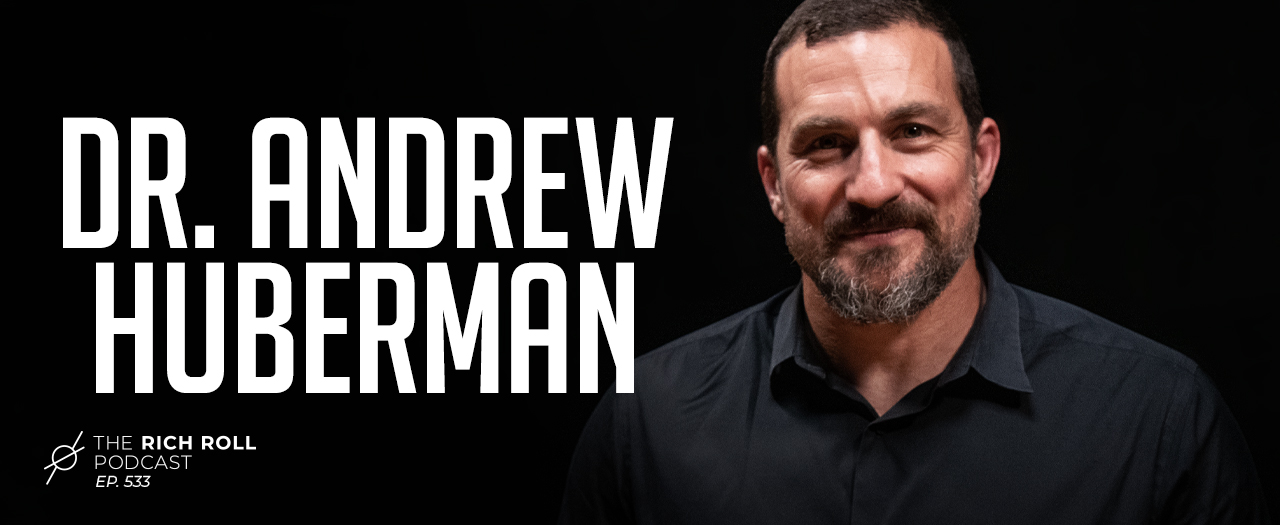
Curious Kamal: I Get Psychoanalyzed on (Almost) Dying
I first discovered Kamal Ravikant through Tim Ferriss, who recommended his excellent book Love Yourself Like Your Life Depends On It. (If his name sounds familiar, Kamal is the brother of modern-day Twitter prophet and AngelList co-founder Naval Ravikant.)
Kamal is one of my favourite examples of just how powerful vulnerability can be at scale. This podcast in particular was a fascinating conversation between him and a therapist and I’m amazed at how willing he is to share his trauma and muse about its effects.

Jerry Seinfeld on The Tim Ferriss Show
This was an incredible combination of talents at the top of their game. Jerry of course needs no introduction. What has always struck me about him - especially in his brilliant Comedians in Cars Getting Coffee series - is his outlook and philosophy on life. It is so hard to keep up with the deluge of podcast content - even just keeping up with Tim’s podcast alone isn’t easy - but make this a priority. Hugely enjoyable.

The tagline is “inside the brains of the world's most creative people” and I’m quite annoyed at myself for being so late to the game! I didn’t learn about this brilliant podcast until an episode featured René Redzepi, chef and co-owner of Copenhagen restaurant, noma, widely acknowledged as the most influential and innovative restaurant in the world. I had the good fortune and pleasure of dining there in 2019 and I was blown away at how it lived up to all the hype. What surprised me the most was that the most extraordinary part was actually not what was on the plate. Rather, what I still remember and marvel at is the incredibly convivial and generous sense of hospitality that permeated the nearly six hour dining experience.
I’ve thought a lot about creativity this year - initially about BTS but soon more broadly about the role of creativity in our lives. I’m loath to admit this but as a business person and someone who has a bias for optimization, I’ve often dismissed the importance of creativity in my life because I had such a narrow definition of what creativity is. I realized in the course of writing just how energizing and soul-affirming it was to engage in creative practices and how it really is one of the core human joys and necessities.
I’m slowly making my way through the back catalogue of episodes and there’s something for every interest: whisky, fashion, translation, etc. I’ve yet to encounter a bad episode.
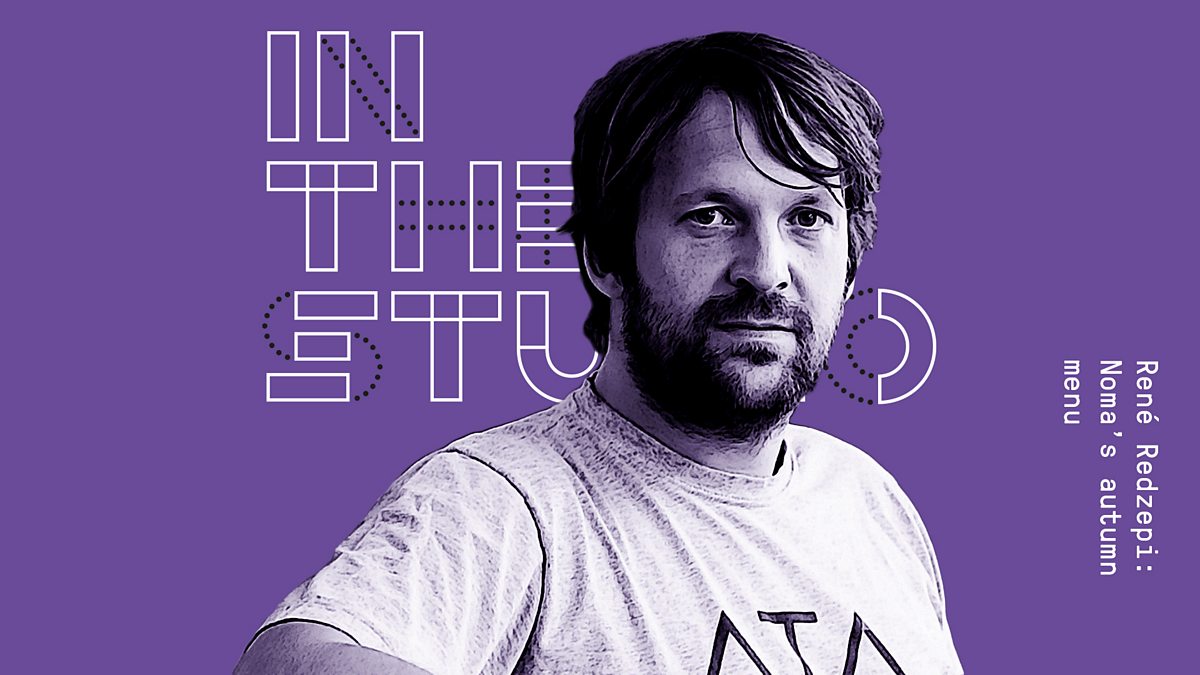
YouTube
Getting YouTube Premium a few years ago changed my life, and I easily get more value and enjoyment out of it than any other subscription fee I pay.
I’m in awe of the incredible creators who share their content on YouTube and here are a few new channels I discovered this year.
Garry Tan: I judge my love for a channel by how excited I get when a new video comes out. I watch almost every new Garry video because I know it’s going to be insightful and informative. He makes videos that leverages his insights as a start-up founder, Y Combinator leader, and now VC at Initialized, and brings on great guests ranging from inspirational founders to Midas List VCs like Hans Tung.
Wendover: I think I stumbled upon Wendover’s videos because of an adjacent account’s Economics of K-pop video and it must have been the next recommendation. His videos explain the nitty gritty details and nuances of how our modern world works - with a particular emphasis on logistics. They remind me of the great shows that used to be on science cable channels, before everything turned into a countdown list or reality competition show. I really enjoyed his primers on the logistics of Formula 1 and filming Avengers as well as how China built a hospital for Covid in 10 days. (If you’re an aviation nerd you will love his channel.)
子时当归: A random corner of the YouTube universe that I discovered this year was “healing” lifestyle content. I don’t think it’s as much of a thing on English YouTube yet, and most of the creators I’ve discovered in this genre are Asian. (The “healing” imperative that BTS / Big Hit talk a lot about? No wonder why many of these creators are Korean like Seoul Walker or planD.) Basically, it takes the vlog format to a voyeuristic extreme where there is very little “talking to camera” and the creators film themselves going about their daily lives - cooking, organizing, walking around, shopping, etc. Oftentimes we don’t ever even see their faces. I didn’t really get it initially, but now that I’ve watched a few channels I really appreciate the calming effect. I’m a fan of Cong Cong’s vlogs about her life in Sydney.
Odile Monod - The Monodist: My favourite discovery of the year has to be Odile and her content on YouTube as well as her blog. She’s a digital art director (all her content is so aesthetically appealing) based in Europe who has a passion for Korean beauty. She has a calm and methodical way about her and she does an incredible job de-mystifying the much hyped about Korean beauty industry. I’ve learned a lot from her on what the most innovative technologies and releases have been in South Korea, which usually aren’t covered by the typical “big” K-beauty influencers. South Korea ranks as one of the most innovative skin care markets in the world and their big conglomerate (i.e., their L'Oréal, Estée Lauder) is Amorepacific. This is getting into super nerdy territory but I'm also really into their R&D team’s YouTube channel.
Entertainment
I realized this year that I had a huge gap in 90s movies knowledge, which a cinephile friend rectified in the early days of the pandemic by assigning me viewing homework. I watched some great movies, but the one that has stuck with me, especially with how prescient it was, is The Truman Show. I won’t spoil it further if you haven’t seen it yet.
Just like I had never gotten into K-pop prior to 2020, I had never seen a K-drama. This was more deliberate than my K-pop aversion; I had heard how addictive they were from many friends, and decided that if I was going to be productive, I would stay away from this genre.
Curiosity got the better of me early in the year as I kept hearing how incredible this show was and what great ratings it was garnering both within South Korea and abroad (it’s available globally on Netflix.) After watching it, you’ll understand why people are so addicted to K-dramas. It has inspired me to watch more, but I have yet to find one that’s so well done from beginning to end. (Fans are over the moon happy for the two stars, Hyun Bin and Son Yejin, who have just confirmed that they have been dating.)
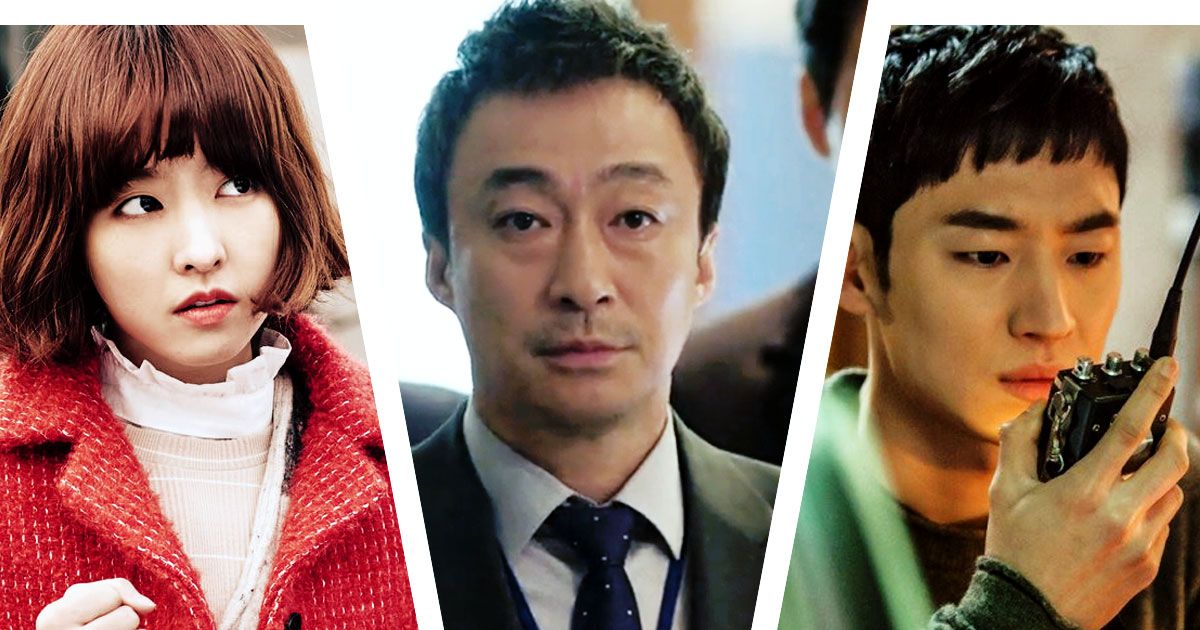
Highly recommend a double-header of "Parasite" and "Shoplifters." Both compelling commentaries on the state of our capitalist world. Where "Parasite" is deftly paced and polished, "Shoplifters" is intimate and emotionally devastating. Keep tissues close at hand. https://t.co/kUxlthXRN7
— Judy Knows (@_judyknows) November 22, 2020
Coda
2020 has felt like 10 years compressed into one. I have never worked harder in my life and enjoyed it so much.
A huge thank you to my wonderful readers, whom I've had the pleasure of connecting with over the BTS series. It's been a true honour being your BTS tour guide.
I can't wait to write more. And no, it won't be about BTS 🤗
Photo by Ryan Graybill on Unsplash



















